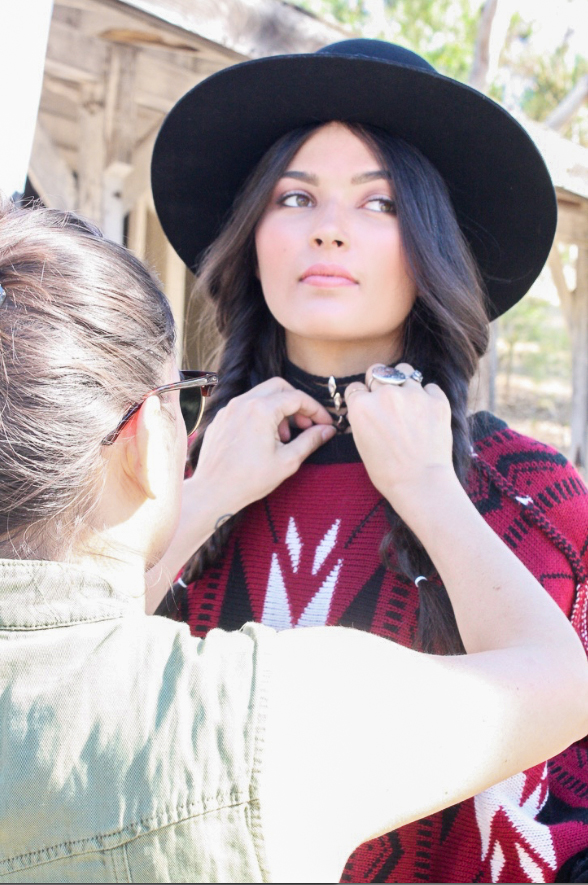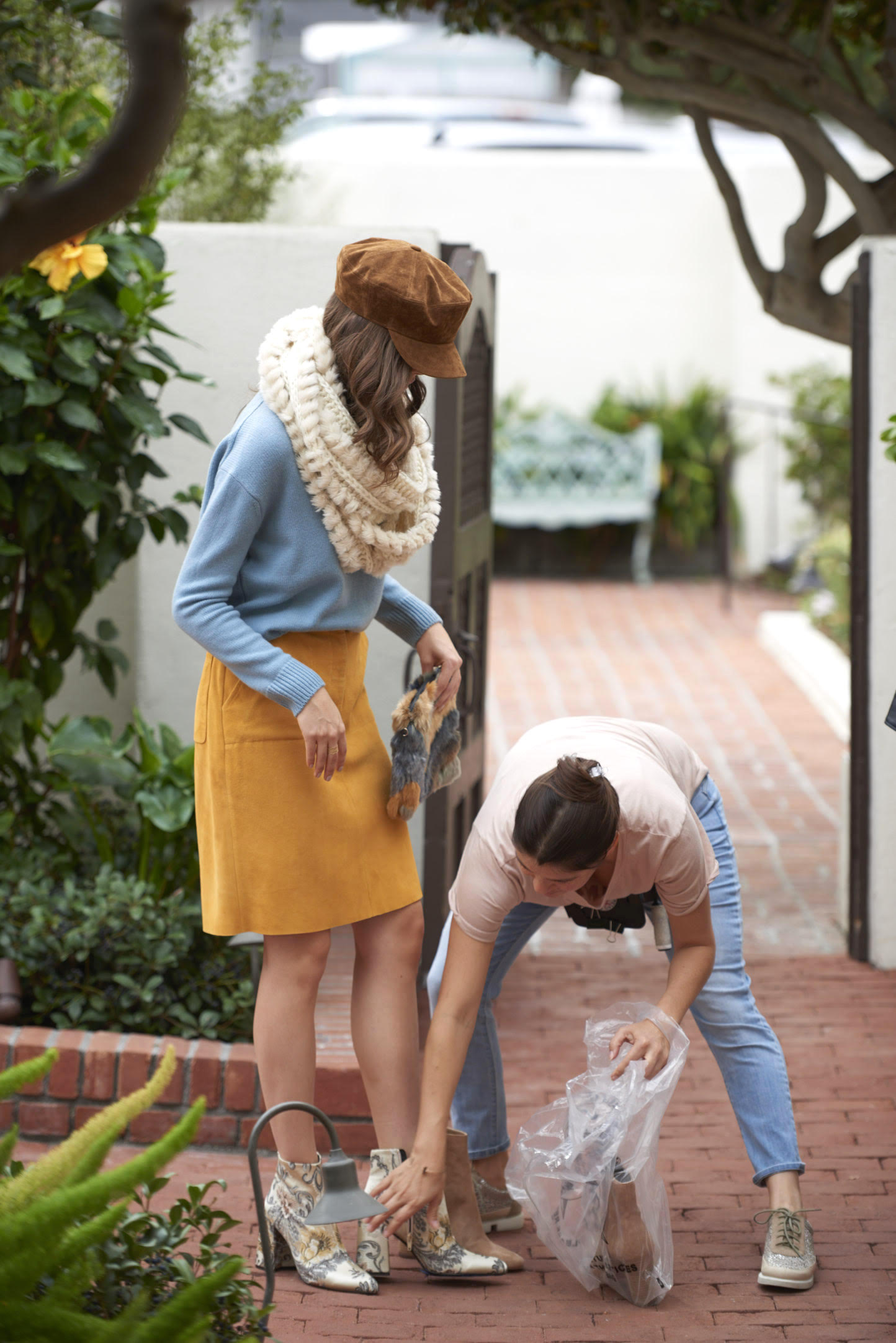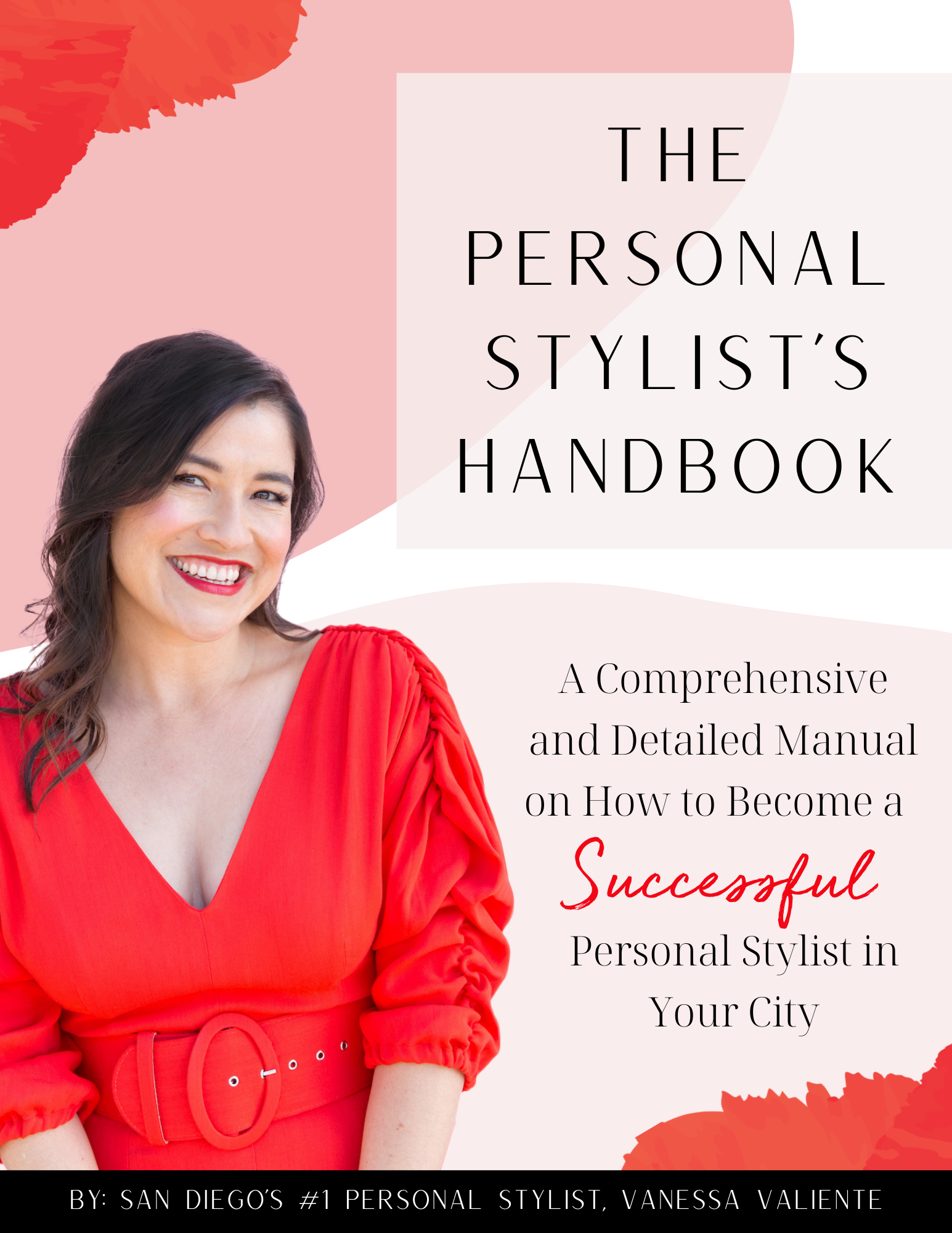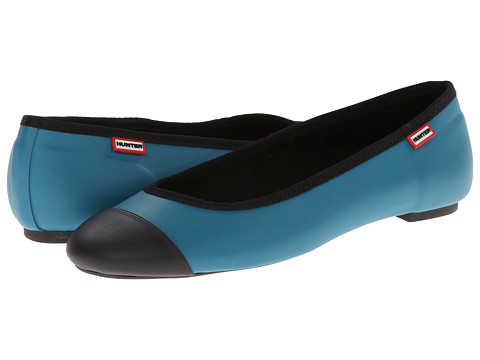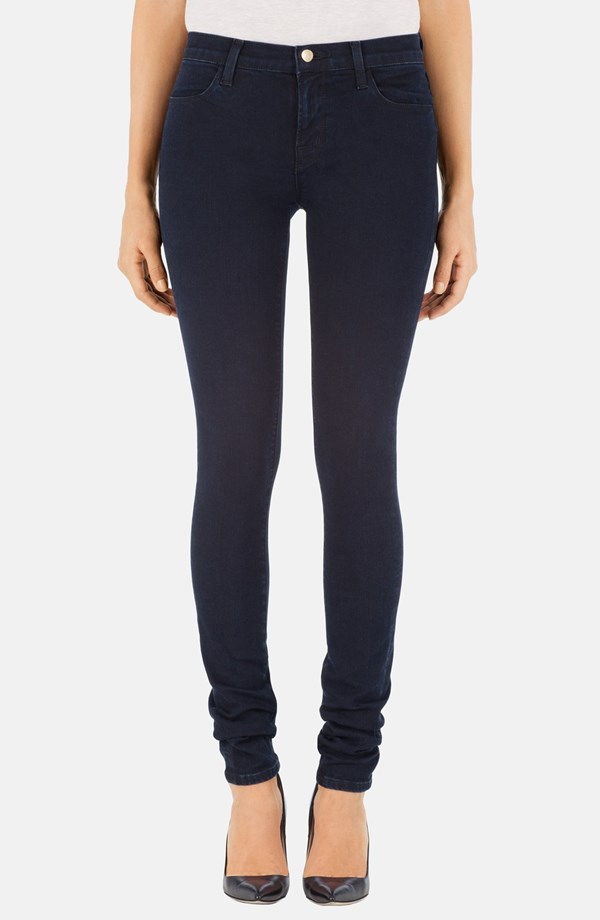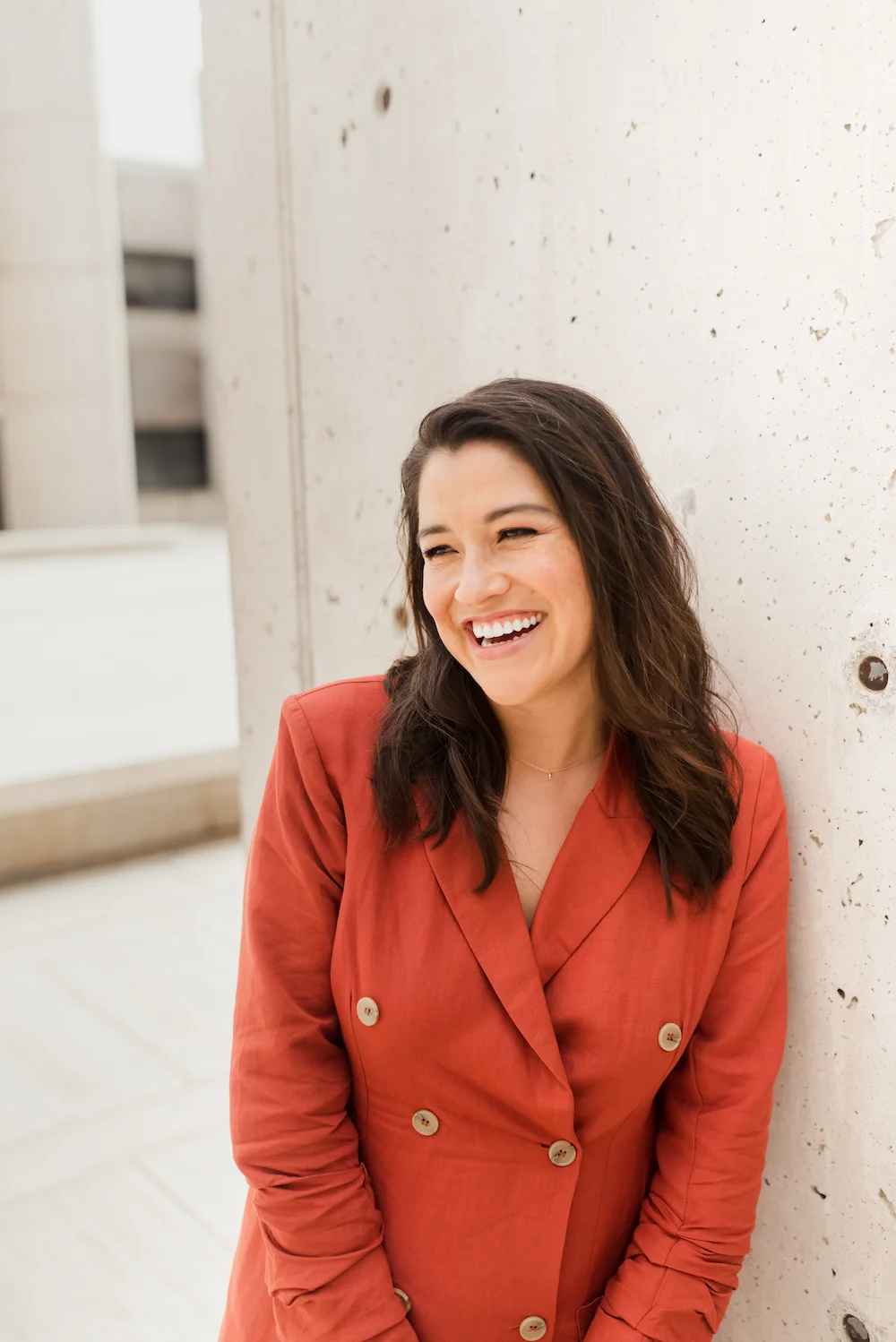Some of my readers are aspiring personal stylists (also known as a personal shopper) who would love to know how to become a personal stylist, while others are simply curious about my job. Mostly, I am writing this post on how to become a personal stylist because every day I receive emails from teenagers, women, and men who want to become stylists. Whether they are coming from high school or changing careers, they desire my help, and unfortunately, I don’t always have time to answer. I have been sending a quick email linking to an interview I did with Seventeen magazine, but often the emails I receive are from people who have read that article already and want more information. So, below is my further advice on how to become a personal stylist.
UPDATE 2020: Due to popular demand, I have written a book on how to become a personal stylist: The Personal Stylist’s Handbook, a comprehensive and detailed manual on how to become the top personal stylist in your city. It’s the handbook I wish I had when I first started my business. An efficient, no-fluff resource. Just the nitty-gritty business of personal styling.
What Degree Should A Personal Stylist Get?
My degree is in theatre/film with an emphasis in costume design and a minor in business marketing. It served me well, although I wish it had a class on set etiquette for when I first started in the television industry. I had no idea what to do or what language to use on set with the crew or actors (referred to as “talent” on set). Why do degrees often lack real experience classes?
I love my degree, but if I was going to create a degree for personal stylists, these are some of the classes I would recommend: Marketing, Accounting, Excel/Quickbooks, Photoshop, PR, Pattern Making, Sewing 101, Dying 101, Color Theory, Public Speaking, Etiquette (good manners and professional decorum), Psychology, Costume History before the 1900s, Costume History after the 1900s, Clothing Production, a class on fabrics (names, how they work, how to clean them).
A lot of the classes I am recommending are business classes because being a personal stylist and personal shopper is running a business.
I also recommend having any kind of job in fashion before diving straight into personal styling. You can find fashion jobs on Jooble.org. You can also find stylish side hustles there while building your business.
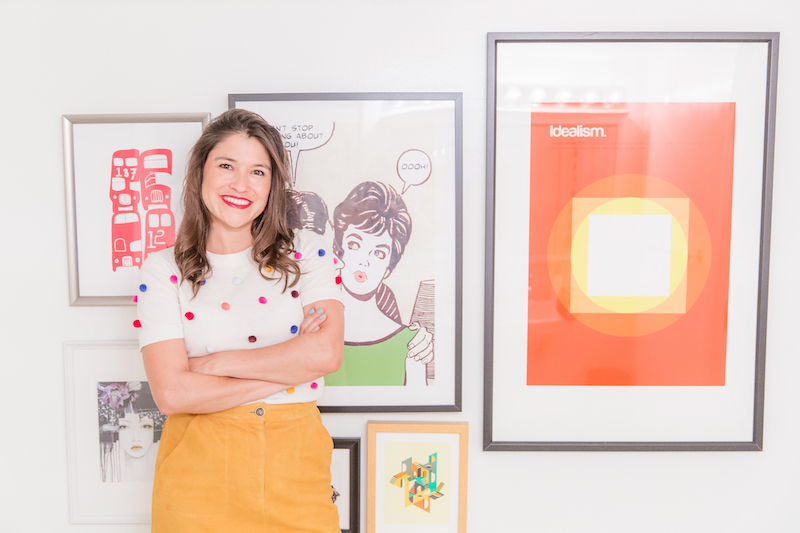
What Do I Need To Know To Be A Personal Stylist?
- Fabric
You need to know how a garment is made, what it’s made of, how the material moves and stretches, and how to clean it. You need to know how to iron. Why? because your clients will ask you or want to talk about it. If you don’t know, you officially lose your authority. If you don’t know something, find it out, or refer them to a source that does know. For instance, I have how-tos bookmarked for stains that I send clients sometimes. It’s just easier than standing there telling them how to do it. Lastly, learn all of your fabric vocabulary: Dupioni, chiffon, silk, rayon, polyester… know what they are and be able to identify them by touch and sight.
- Body Types
When discussing how to become a personal stylist this is the most important aspect. You need to understand all the body types out there. Find out what silhouettes flatter a woman with an exacerbated apple body and lean legs. Know that fit and flare is the best thing ever for a woman lacking a defined waist.
- Brands & Fits
Understand how brands fit. This goes hand in hand with how to dress a body type. You need to know the most comfortable pair of jeans for every body type. You need to know that BCBG and Theory run small, and that Eileen Fisher, Lafayette, and Free People run bigger. Knowing these things allows you to find the items you want for your client and accurately shop online for them when needed. Are you going to tell them to order a size small or medium in the Free People dress you’re recommending? You need to know that. You need to know who makes petites, and what jeans have a long enough inseam for your 5’10” client.
- Stores & Stock
You need to know what is available for sale. If your client wants a giant flower hat, you need to know where to find it. As a personal shopper, people hire me to know where everything is, or to be able to find it quickly. Time is of the essence.
- Referrals
You need to have an amazing tailor on hand, a trustworthy hairstylist, a go-to makeup artist, and more. You and your clients need these people, and you will be judged on your referrals.
- Organization
There is nothing more important than organization. All of my clients have extensive files with their sizes, their past shopping lists, life details, names of their children, and more. When you get to where I am with 150+ clients, you need these files more than you need air. What is the point of showing your client an amazing dress, if you already got it for them a month ago? They don’t need two of that dress and you’ve just wasted their time. I keep detailed notes, always have a shopping list, and take pictures of what I have bought a client.
- Etiquette
Behave yourself like a professional. Don’t talk about yourself unless prompted with sincere curiosity, and even then, keep it short. This is not the time to gossip and vent. This time is about your clients, not you. Carry their bags, hang up their clothes. You are a personalized service and you want them to feel cared for. I practically treat my clients like children. I am their fashion mama — I tie their shoes, I button their coats, I pat them on the back, and tell them “great job.”
Whether they are 25 or 75, they are in my care, and I take that seriously. On this note, like a mother, you are not a servant, I deserve respect and do not tolerate rudeness. Thankfully, I have almost never run into this, but I am ready for it. You should be too. How will you handle it when a client has a tantrum? Cries? Gets frustrated? You keep it together and always behave with kindness and professionalism.
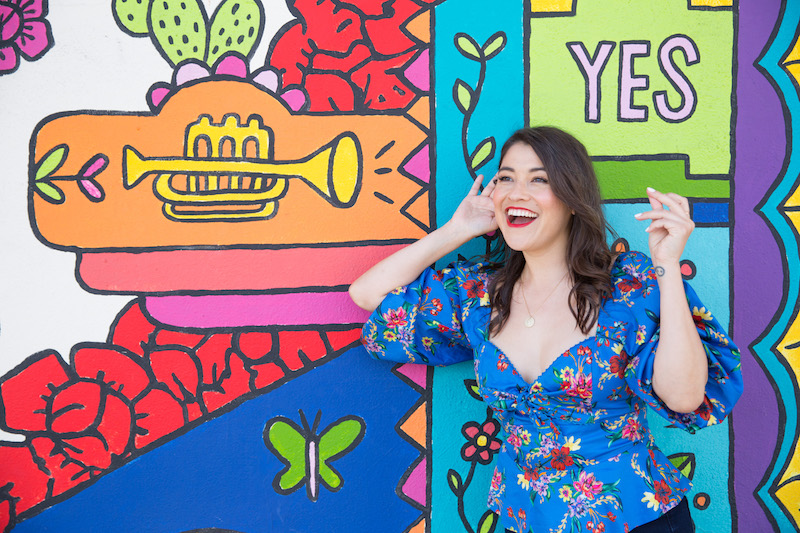
How To Become A Personal Shopper – Do you actually want to do this?
Just because you can dress yourself well doesn’t mean you can dress other people well. Just because you love fashion doesn’t mean you can translate that love to personal styling. Being a stylist does not mean putting your style on others. Being a personal stylist is about fleshing out someone else’s personal style, and then shopping for it it, and putting all the pieces together in a way that flatters their unique body. You have to be able to see who they want to be, not who you want them to be. You need to appreciate and be able to create all the styles out there: edgy, bohemian, conservative, sophisticated, comfortable, preppy, athletic with a hint of chic…
In summary, being a stylist is a highly stressful job that demands focus, logic, organization, and incredible people skills that work with all the different kinds of personalities that will cross your path. You need to love people more than you love fashion.
